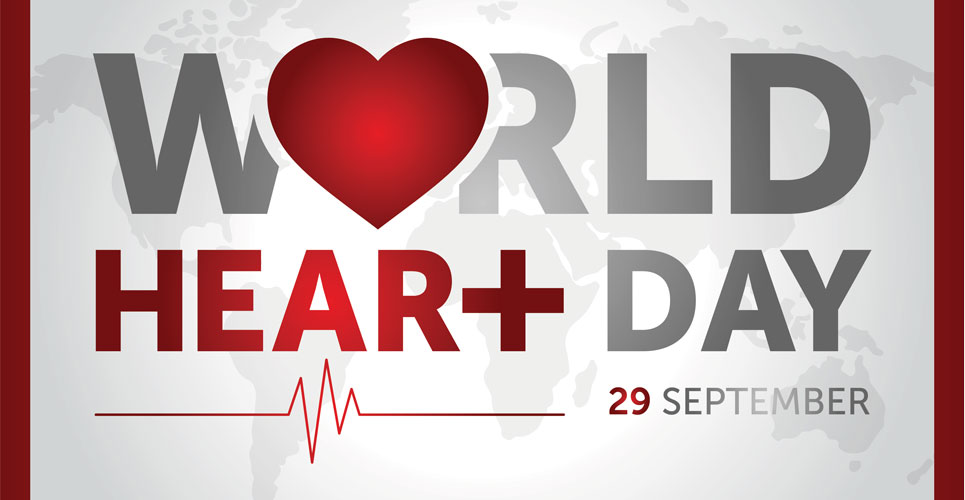Embracing advances in digital health to improve awareness, prevention and management of CVD globally is the message for World Heart Day 2021.
The idea for World Heart Day (WHD) came from the World Heart Federation in 2000 and since then, every year the 29th September has been designated as WHD. The purpose of WHD is to inform people across the world of the fact that cardiovascular disease (CVD), is the world’s leading cause of death. In fact, the World Health Organization states that in 2020, CVD resulted in an estimated 17.9 million deaths. Perhaps the most disheartening aspect of this huge death toll, is that simple fact that an estimated 80% of premature heart disease and stroke deaths are preventable.
For 2021, the theme of WHD is “heart to connect”, i.e., harnessing the power of digital health to improve awareness, prevention and management of CVD globally, but what is the evidence for the impact of digital health on cardiovascular disease outcomes?
Digital innovations in cardiology
The term “digital health” encompasses a number of technologies including electronic and mobile health platforms (eHealth and mHealth), telemedicine, wearable devices, sensors and artificial intelligence (AI). The European Society of Cardiology, has a section on its website looking at digital health in action, with a number of examples of how such technologies are being used to support both clinicians and patients.
The collective aim of each of these innovations is to improve both access to and delivery of, healthcare and there are already many examples of the value of digital technologies in cardiology. For instance, in the provision of health education, tele-rehabilitation as well as for disease prediction (e.g., AI systems) and even vital sign monitoring as witnessed by improvements in wearable devices.
But cardiovascular medicine it seems, has embraced digital health innovations for many years as demonstrated in a 2015 systematic review and meta-analysis. The review included 51 studies and assessed the impact of digital innovations on cardiovascular outcomes such as CVD events, all-cause mortality compared to control groups.
Overall, there was a 39% reduction in CVD outcomes as well as reductions in weight and body mass index, compared to controls. Additionally, a 2019 review, found that heart failure and stroke were the two most common cardiovascular conditions that were managed with digital health interventions. Most importantly though, was the conclusion in which the authors stated that “the majority of the studies were good quality cost-effectiveness analyses with an adequate duration of time frame” and that “all the included studies found the DHIs [digital health interventions] to be cost-effective.”
Despite these promising developments, one major barrier that remains, is changing modifiable cardiovascular lifestyle factors such as smoking, reducing alcohol intake and increased levels of physical exercise. Nevertheless, it seems that digital health may also be part of the solution. In a review of studies with digital technology such as mobile phones, the internet, smartphone apps and wearables, the authors found that these innovations may improve some modifiable lifestyle measures such as healthy eating and greater levels of physical activity and that interventions were certainly more effective when used in combination.
Perhaps one of the biggest drivers for the incorporation of digital health in medicine as a whole, has been the current COVID-19 pandemic. With many countries forced to impose many national lockdowns, healthcare systems had to quickly evolve and adopt digital measures to maintain some level of services. Moving forward, digital health should now be perceived as part of the new normal for cardiovascular services and which hopefully should allow for the successful implementation of the aspirations of World Heart Day 2021.

